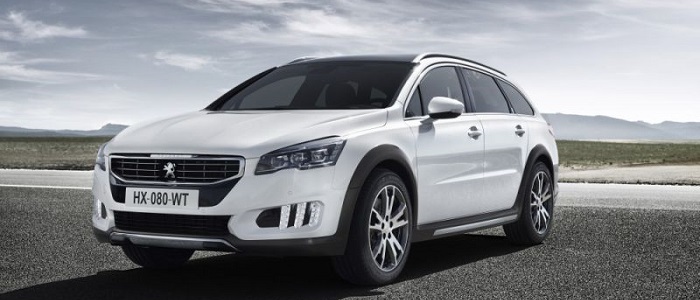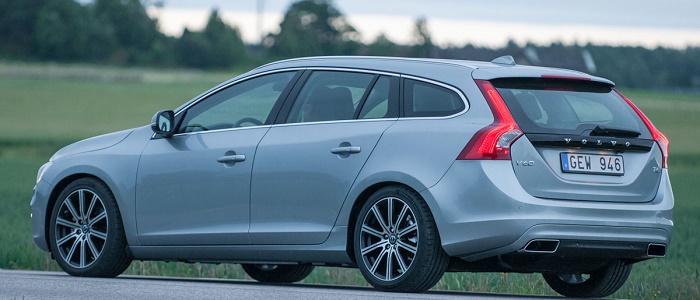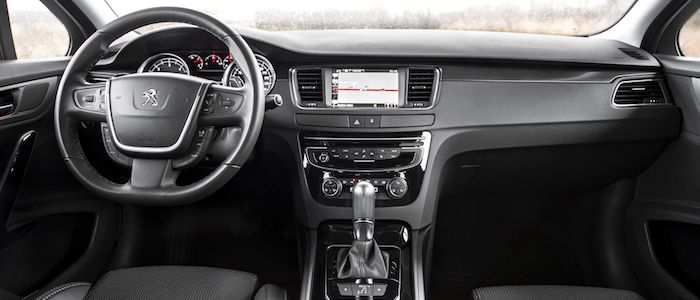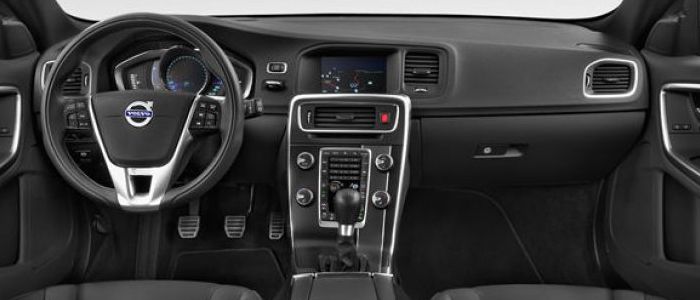Compare two cars
Compare any two cars and get our Virtual Adviser™ opinion
Dimensons & Outlines
Check vehicle history
Engine
2.0 DW10 Hybrid4
Performance (manual gearbox)
Performance (automatic gearbox)
Expenses
Virtual Adviser's™ opinion
Two significantly similar cars, no doubt about that. Still, each one has something different to offer. Having both cars powered by hybrid engines and utilizing the 5-door wagon body style within the same 'Large family car' segment, the only major difference here really is their wheel drive configuration (front for the Peugeot and 4 x 4 in the case of the Volvo). The first one has a Peugeot-engineered powertrain under the hood, a 4-cylinder, 16-valves 200hp unit, while the other one gets its power and torque from a 5-cylinder, 20-valves 280hp engine designed by Volvo.
SafetyThe first thing to look into here would be the results from European New Car Assessment Programme (Euro NCAP) tests performed on the two cars. Good thing is that both vehicles got tested, with the same number of safety stars gained in the process. Moving further on, let's take a closer look at some additional safety-related facts. Both vehicles belong to the large family car segment, which is generally a good thing safety-wise, still it doesn't help us solve our dilemma, does it? On the other hand, when it comes to weight, a factor that most people underestimate, the Swedish car offers a marginal difference of 4% more metal.
ReliabilityManufacturers have been building their reliability reputation for decades now and, generally speaking, it appears that Peugeot does have a slight advantage, at least on all of the models level. These are the official statistics, while our visitors describe reliability of Peugeot with an average rating of 4.3, and models under the Volvo badge with 3.2 out of 5. Some independent research have also placed 508 as average reliability-wise, and V60 is more or less at the same level.That apart, owners of different cars powered by the same engine as the French car rank it on average as 4.0, while the one under the competitor's bonnet gets 3.0 out of 5.
Performance & Fuel economyVolvo is undoubtly more agile, reaching 100km/h in 2.7 seconds less than its competitor. In addition to that it accelerates all the way to 230 kilometers per hour, 17km/h more than the other car. When it comes to fuel economy an obvious choice would be the Swedish car, averaging around 1.8 liters of fuel per 100 kilometers (157 mpg), in combined cycle. That's 122% difference compared to the French car!
Verdict
Peugeot is apparently more reliable, not too much, but just enough. The most important thing when deciding between any two vehicles should always be safety, both passive and active. In my opinion, everything taken into account, the Swedish car offers slightly better overall protection and takes the lead. It all continues in the same direction, with Volvo outracing its opponent in any situation possible, making it better choice for boy racers. To make things even better, it consumps less fuel! All together, there's not much more to say, in this case I wouldn't even consider anything but Volvo. Nevertheless, let's not forget that people have different preferences and needs, so what really counts is your personal feel. I'm only here to help. In case you have two minutes to spare I invite you to define your needs, desires and budget and see which car would be chosen by the virtual adviser™, among more than 12.000 different ones in our database.
































